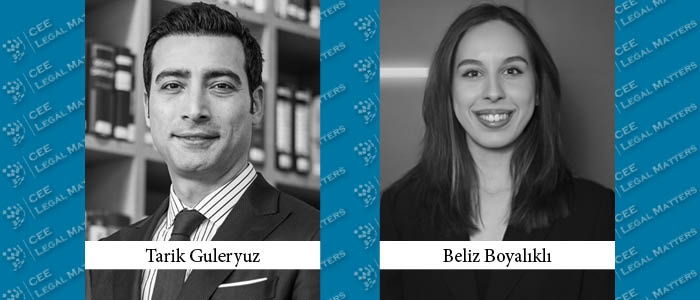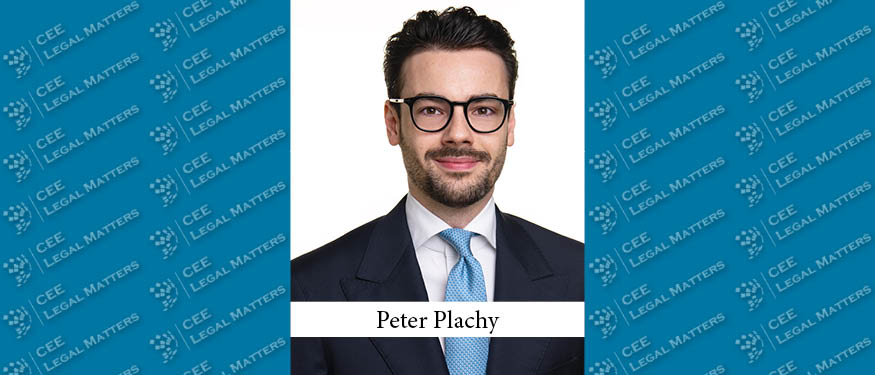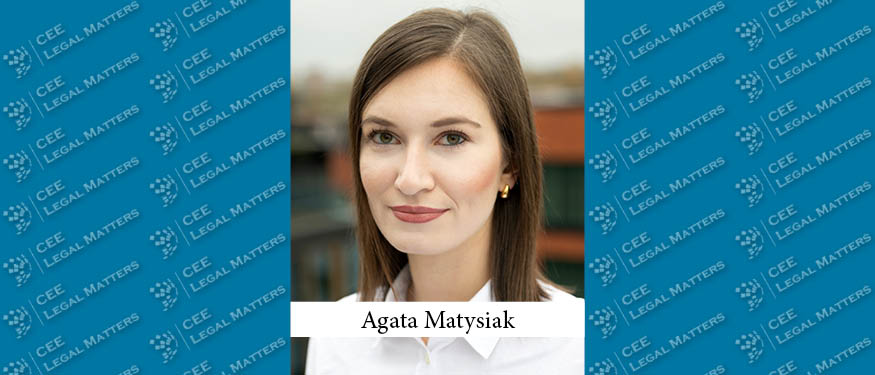Article 26 of the Industrial Property Law No. 6769 ("IPL") authorises the Turkish Patent and Trademark Office ("Office") to revoke trademarks in cases set out in the relevant article. According to IPL Article 192/1-(a), this provision was set to come into effect seven years from its publication date, i.e., 10 January 2024. Additionally, 4th provisional article of the IPL stipulated that this authority would be enforced by the courts until that time. Thus, with the expiration of the aforementioned seven-year period, the authority for the administrative revocation of trademarks was passed from the civil courts to the Office as of 10 January 2024.
Pending Cases Will Continue to be Heard in Courts
Prior to 10 January 2024, the revocation of trademarks was adjudicated by court decisions through trademark revocation actions. The competent court for resolving the dispute, would send the revocation decision to the Office, and the trademarks subject to revocation would be cancelled from the registry.
With the new system, the authority to adjudicate has shifted from the courts to the Office. This change will not affect the fate of the pending revocation cases before the courts, meaning that the courts will continue to hear the pending cases and decide whether to revoke the relevant trademark(s) or not. The finalised revocation decisions will be sent to the Office ex officio to be cancelled from the registry.
The Scope of the Authority of the Office on the Revocation of Trademarks
With the entry into force of the regulation, trademarks requested to be revoked after 10 January 2024 will be revoked by the Office in the following cases:
- Within five years from the date of registration of the trademark, the trademark owner has not used the trademark seriously in Turkey in terms of the registered goods or services without a justifiable reason, or the use of the trademark has been suspended for five years without interruption;
- The trademark becoming a common name for the registered goods or services due to the actions of the trademark owner or the lack of necessary measures;
- Misleading the public, especially as regards the nature, quality or geographical origin of the registered goods or services as a result of the use of the trademark owner or with their permission;
- Violation of the technical specifications of a guarantee or collective trademark as regulated in Article 32 of the IPL.
In case the Office receives a request for revocation of a trademark, the owner of the respective trademark will be notified of such request. Thereupon, the trademark owner will have one moth to submit their responses to the Office. Subsequently, the Office will make its decision by examining the file within the framework of the claims of the parties.
The decisions of the Office on the revocation request can be appealed before the Re-examination and Evaluation Board ("RERB"). Further, the decisions of the RERB can be appealed before the Ankara Civil Court of Intellectual and Industrial Property Rights. The Office has recently released the Draft Regulation on Amendments to the Regulation on the Implementation of the Industrial Property Code, which includes procedural details on how revocation requests will be filed, for public opinion. The Authority is expected to finalize the draft after assessing the opinions. In this respect, it can be said that the Office is preparing for the problems that may arise and is trying to clarify the details regarding the procedures for revocation.
Conclusion
The regulation, aimed at aligning trademark revocation processes in Turkiye with the European legislation, is expected to lead to quicker resolution of trademark cancellations through the Office compared to the courts. However, as stated above, since the decisions of the Office can be appealed before the Ankara Civil Court of Intellectual and Industrial Property Rights, the finalisation process of the decision may be prolonged The direction in which this regulation, marking a new era in trademark law, will evolve is expected to become clearer in the upcoming period.
By Tarik Guleryuz, Partner, and Beliz Boyalikli, Associate, Guleryuz Partners
















